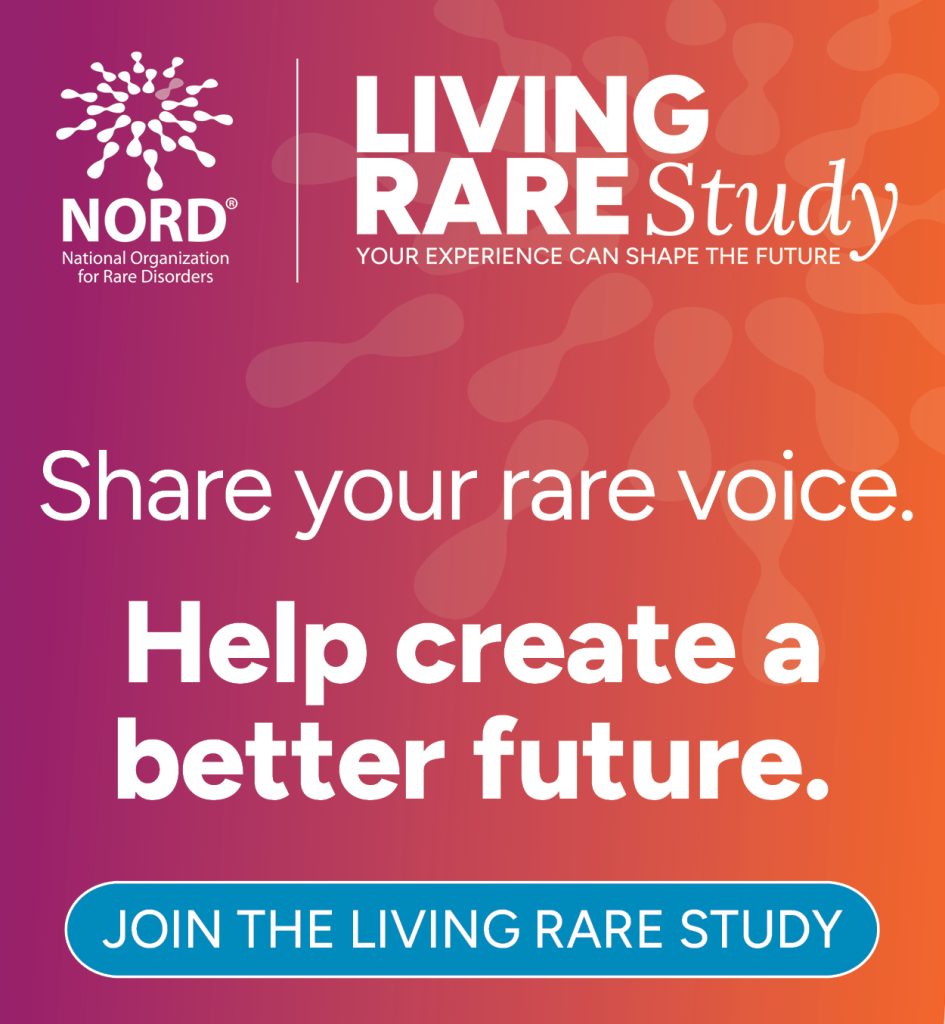As part of H.R. 2617, Congress today delivered several crucial programs and reforms that are important to the rare disease community — measures that NORD and the rare community fought for and will help speed efforts to develop effective therapies and expand access to care.
As part of its year-end package, Congress today voted to:
- strengthen Food and Drug Administration’s accelerated approval pathway to ensure health care providers and insurance companies continue to have confidence in drugs approved through this critical pathway;
- re-authorize the Orphan Products Grants Program, the Best Pharmaceuticals for Children Act Program at the National Institutes of Health, and the Pediatric Device Consortia Grants Program through September 2027; and
- ensure increased representation of diverse and underserved populations in clinical trials supporting FDA approval of drugs and medical devices.
These measures follow the successful passage of H.R. 6833 in October, which included a five-year reauthorization of critical FDA user-fee programs that help ensure rare disease patients gain timely access to essential therapies and diagnostic tools.
Today’s actions build on that important victory for the more than 25 million Americans who are living with rare diseases.
“The National Organization for Rare Disorders (NORD) applauds Congress’ decision to address unfinished business and ensure these measures were approved before the end of the year,” said Peter Saltonstall, NORD’s President and CEO. “Each of these actions will better support efforts for rare disease patients to obtain safe and effective therapies.”
Congress also included provisions to extend coverage of certain telehealth services under Medicare through December 2024.
The expanded access to virtual care during the COVID-19 public health emergency has been transformative for the rare disease community by reducing some of the significant barriers many rare patients face when required to travel to see their health care provider in person. This extension will help ensure these services will continue to be available virtually for Medicare beneficiaries.
NORD is also encouraged that Congress is extending 12 months of continuous eligibility to low-income children who receive health coverage through Medicaid and the Children’s Health Insurance Program (CHIP). As the largest sources of insurance coverage for children with special health care needs, these programs serve a vital role in facilitating care for children with rare disorders.
While Congress has delivered these important victories for those living with rare diseases, NORD is deeply disappointed that Congress did not take steps to clarify how orphan drug exclusivity is awarded to relevant FDA-approved treatments. This component of the Orphan Drug Act needs clarification in order to remain a useful incentive for manufacturers to study vulnerable populations, such as children.
Unfortunately, Congress also did not move forward with several other critical measures, including:
Accelerating Kids Access to Care Act, which would have created an improved, streamlined provider enrollment process when children with Medicaid and CHIP coverage need to access out-of-state medical care.
Medical Nutrition Equity Act, which would have lifted an enormous financial weight off of the shoulders of people who depend on medically formulated foods by mandating insurance coverage of medical nutrition products for people with certain health conditions. .
Newborn Screening Saves Lives Reauthorization Act, which would have provided resources to improve the state programs that screen newborns for a complete panel of disorders and educate parents and providers about the disorders. Fortunately, funding was included for the National Academy of Medicine to conduct a study and make recommendations on ways to modernize and improve newborn screening.
As we approach the 40th anniversary of the Orphan Drug Act in January, we are reminded of what’s possible when lawmakers from both parties come together for the rare disease community.
NORD and our partners will continue to advocate for these and other priorities in the 118th Congress that will help advance safe and effective therapies for those with rare diseases and expand access to affordable and comprehensive care.


